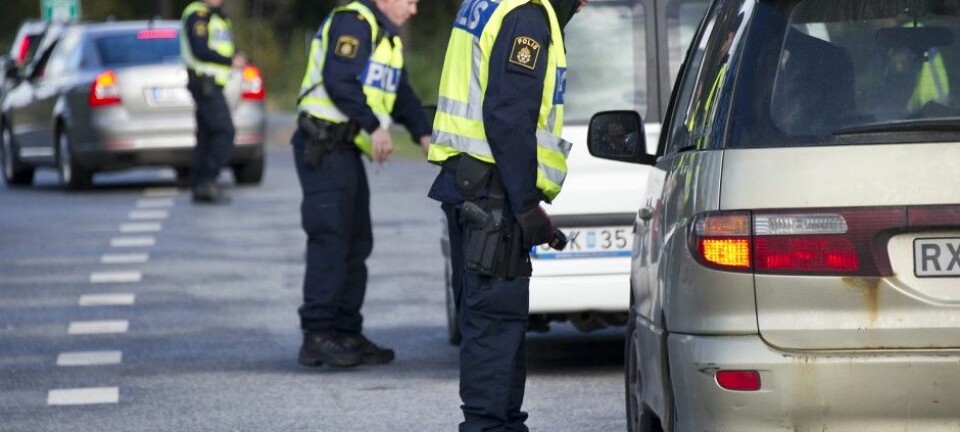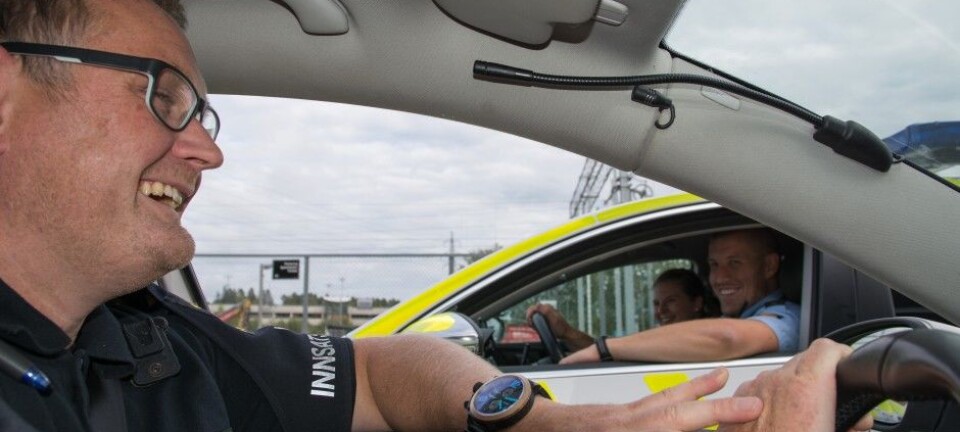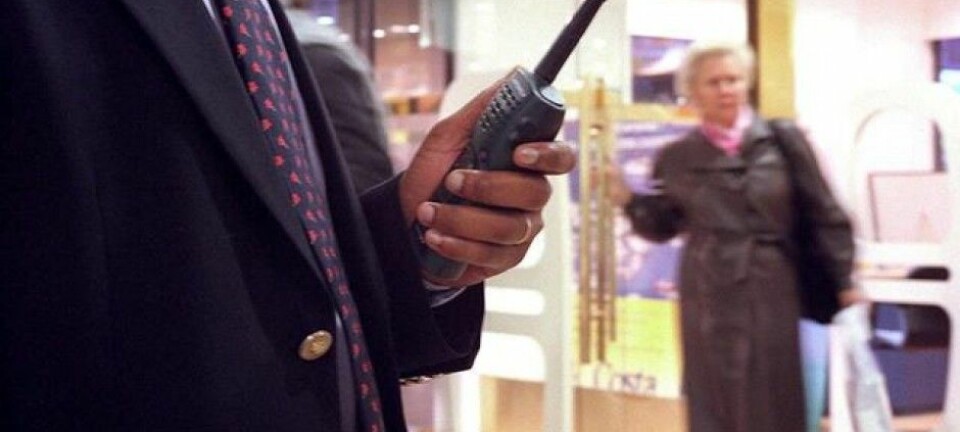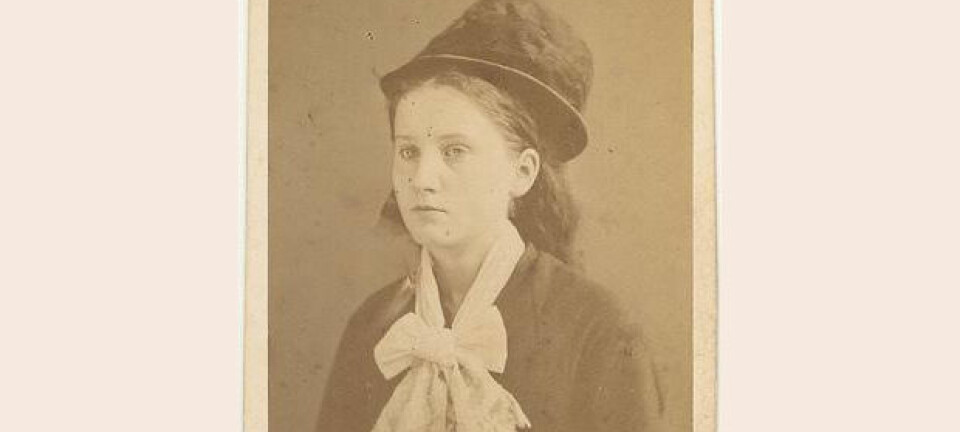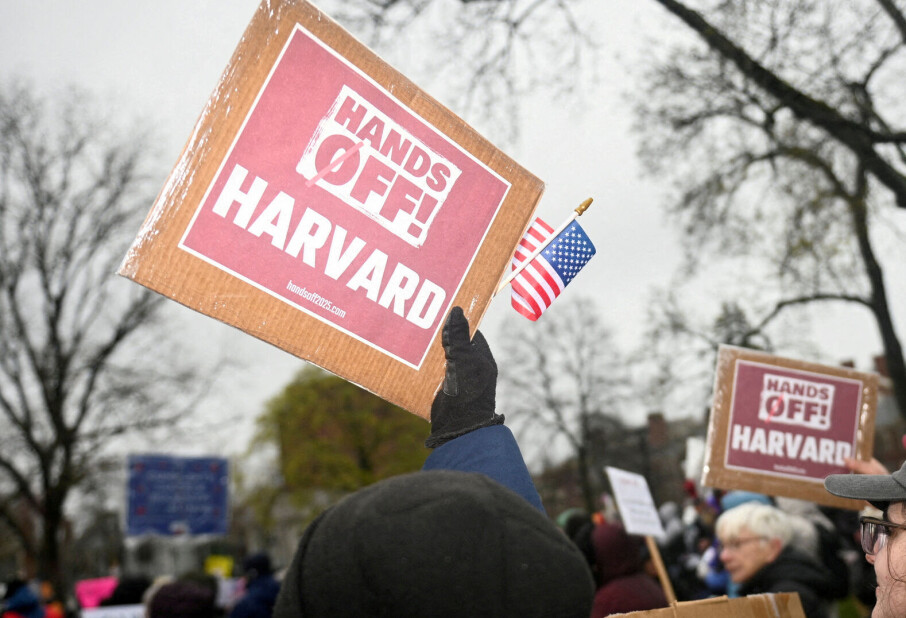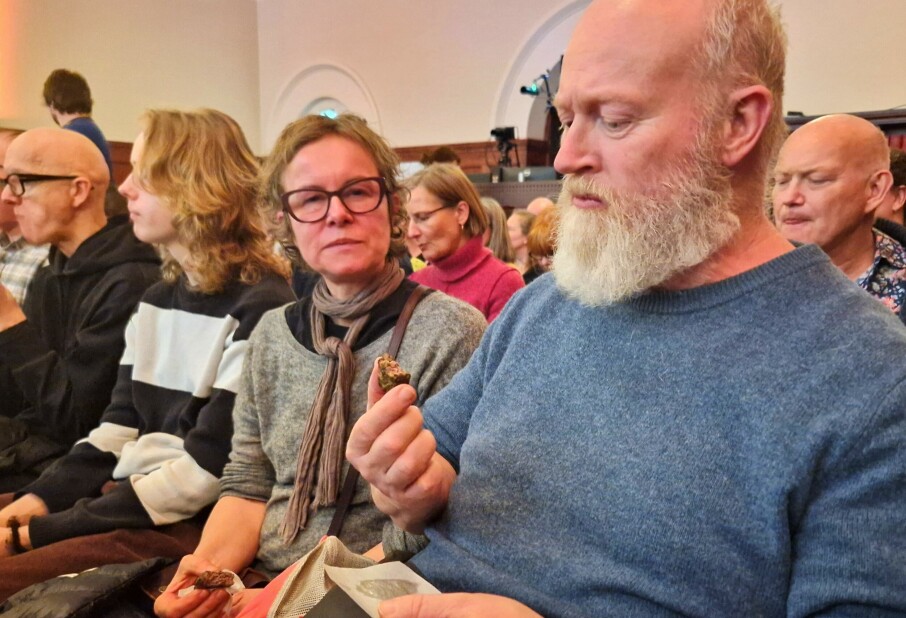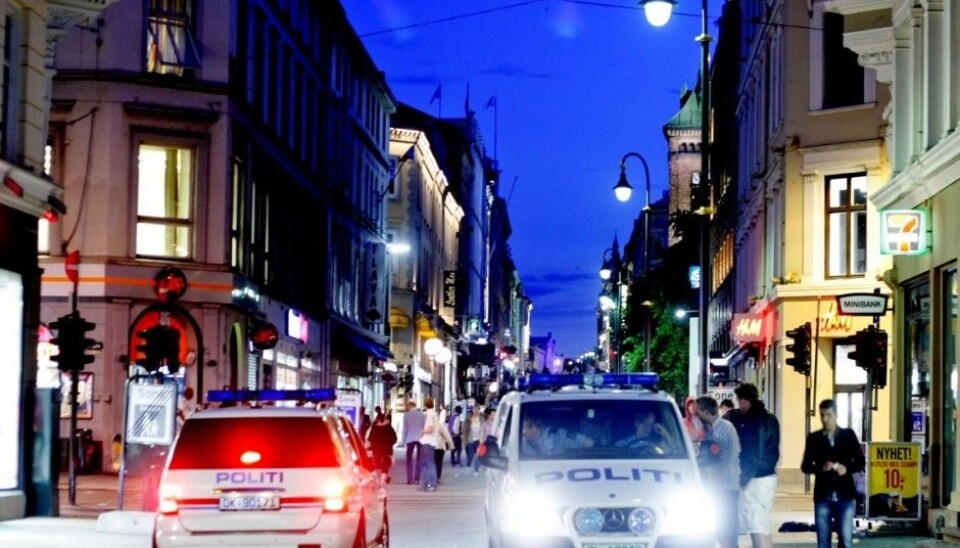
Policing weekend drinking binges gets old for officers
Multiple variables play into whether you get arrested or not — among them a police officer’s temperament. Some are more patient than others.
Spend the night in jail or go home? That could depend on the type of police officer you meet after your night out on the town.
People pour out onto the streets as nightclubs close their doors in the wee hours of the morning. Many are loud, strident- and drunk. People are drinking and urinating openly on the streets. The police suddenly have lots to do.
Some officers overlook a lot. Others are fed up with the rabble rousers. Their lower tolerance threshold could increase your chance of arrest.
Walking the beat
Kristin Buvik is a sociologist for the Norwegian Institute of Public Health (NIPH). She says police officers come in all types and stripes. “Some are more excitable than others in their encounters with the public. Some mostly work preventatively, but others are looking to nab the bad guys.”

She describes one scene between an inebriated man and a policeman on night duty in Oslo. “The officer asks for the man’s name and address in an unpleasant way. The man finds it difficult to stand up, and asks the officer if he can sit down on the sidewalk. The officer suddenly screams, ‘No! Give me your name and address‘, grabs the man's jacket and stares him in the eye."
For her research, Buvik followed a few dozen officers on their weekend beats. She rode with officers in their cruisers, walked the streets with them and learned how they spent their on-duty hours. Then she followed up her observations by interviewing ten of them on their assessments of nighttime situations.
Have to pick their battles
Police officers also have different views on their role. Buvik divides them into reactive and proactive: those who primarily want to preserve order and those who believe that overlooking minor offenses can undermine confidence in law enforcement.
So just who ends up being brought into the station can be a bit random. In the nighttime chaos, various conditions influence a police officer’s discretion and judgment. According to Buvik, those conditions include an officer's values and temperament.

Buvik recently earned her doctorate with her thesis Everybody is drunk. Street-level alcohol policy in Oslo, which investigated how the culture of Oslo's nightlife is managed.
That “everybody” is drunk means that police must prioritize. Law enforcement is consistently understaffed and does not have the capacity to crack down on all minor crimes, such as drinking or urinating in public places.
Police have to choose their battles, says Buvik. She calls them “on the ground bureaucrats” because they constantly make independent decisions on the ground about how to enforce — or not enforce — the law.
Officers “want to resolve the situation at the lowest possible level. They avoid driving people to the station for minor infractions, which take a lot of time and resources,” Buvik said.
Have blinders on
Police also have to overlook a lot of minor offenses to be available for more serious crimes.
"I run around with blinders on. There’s a lot of drinking and urination. I feel like I can’t use my time to deal with it, because it isn’t as serious as someone being knocked down a minute later,” one police officer says.
Other researchers have also found that police officers are very independent in setting priorities. They prioritize assignments based on their own feelings and interests, but are not always great at knowing where the most serious incidents occur.
But in addition to an officer’s personality, Buvik’s findings suggest that age and experience also shape decisions on how to intervene.
Older cops seem to get tired of dealing with drunken partiers more quickly than the new recruits, referring to this task as "working in a zoo."
"The younger cops are motivated,” says one longstanding officer. They haven’t been in the same situations for years, and they have more patience.
Consistent with other studies
Because she has talked to such a limited number of officers, Buvik can’t say that police officers generally develop certain attitudes with age.
She portrays a few officers’ everyday work. But her findings are interesting and consistent with larger studies, says Silje Bringsrud Fekjær, professor at Oslo and Akershus University College.
She is working on the same project about Oslo’s nightlife as Buvik, but the two scientists have not worked together. “Police have broad autonomy, and they make their own judgments. How police work is carried out has a lot to do with who the police officer is,” Fekjær tells forskning.no.
Along with other researchers, she conducted a large survey among police officers. The survey shed light on the different attitudes they have towards how the job should be done.
“Some officers, particularly younger men, are more inclined to do what’s necessary than always following the rules to the letter,” says Fekjær.
The researcher found that policemen become rougher around the edges as they gain experience. The survey doesn’t reveal anything about whether short-tempered policemen are more likely to arrest people.
But Fekjær recognizes the reactive and proactive elements in law enforcement that Buvik found. In the Swedish part of the project she has been involved in, police officers told Fekjær that some of their colleagues provoke offenders unnecessarily.
This is something Buvik did not witness. She thinks her presence might have influenced the officers she accompanied. On the other hand, she found them to be honest in her interviews with them. Maybe they were not the type to use excessive force.
Two-way street
Police training and rules for how police should do their job call for officers to act in a calm and restrained manner and not to escalate a conflict situation. But what if the cop is the hotheaded type? Can we trust law enforcement when the treatment you get depends on which officer you meet?
“They're only human,” says Buvik, who believes it’s unrealistic for all police officers to handle situations exactly the same way. Fekjær concurs. She is more concerned because Buvik’s findings show that how police treat the public depends on what they have run into previously.
Police officers say they have a gut feeling about how individuals will behave in a situation. At a crime scene, they have to quickly make up their minds about who is "good" and "bad." Repeat offenders get off less easily.
But an officer’s mood isn’t the only factor that determines the response, says Buvik. Officer availability, how many concurrent crimes are happening, the seriousness of the offense and how people behave all contribute to how a situation unfolds.
An offender may talk himself right into custody. As did a young man who heaped verbal abuse on one of the officers Buvik interviewed. The police officer’s response: "This isn’t good for my blood pressure — let’s drive him to the station and arrest him."
Even small infractions can escalate and end at the police station. If police ask a guy to empty his beer and he refuses, they have to follow it up. The visibility of police response also plays in. Officers don’t want people to lose respect for them.
In any case, “people should get equal treatment by the police no matter who they are,” says Fekjær.
-------------------------------------
Read the Norwegian version of this article at forskning.no







